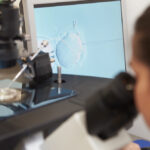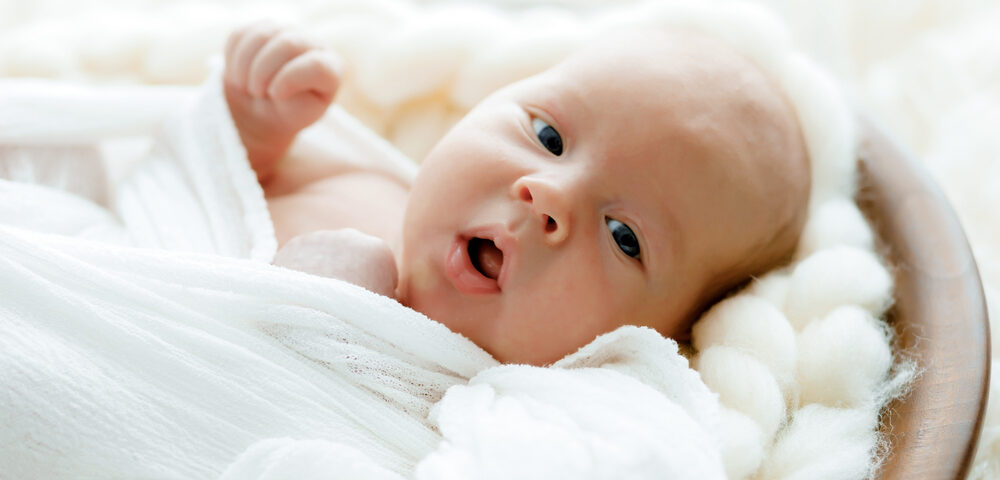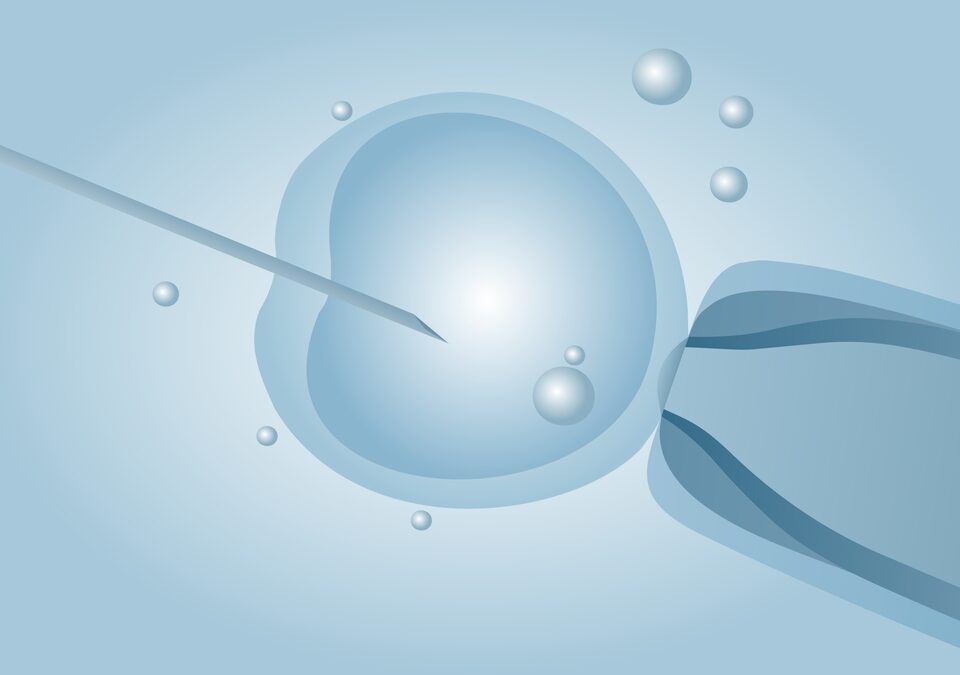
Total IVF Births Soar to More Than 13 Million Worldwide
八月 1, 2025
White House Steps Back from Mandating IVF Coverage
八月 22, 2025A baby boy born last week in Ohio is making headlines after being developed from an embryo that had been frozen for more than 30 years, marking what’s believed to be a new record for the longest storage time before a live birth.
Linda and Tim Pierce turned to embryo donation, a process that allows hopeful parents to use embryos donated by others, after years of struggling with infertility. Their son was born from an embryo that had been frozen for 11,148 days, or just over 30 years, before being thawed and transferred.
Embryo donation, which has been available since the 1990s, is growing in visibility, particularly among families and individuals seeking alternative paths to parenthood. The Pierces received their embryos from Linda Archerd, a woman who underwent in vitro fertilization (IVF) in 1994 and donated her remaining embryos decades later through the Snowflakes program, a division of Nightlight Christian Adoptions.
Archerd shared that she believed the embryos deserved to live, just like her own daughter, and her decision to donate brought a mix of emotions; relief that her embryos finally had a chance at life, sadness that she couldn’t carry them herself, and anticipation of possibly meeting the Pierces and their baby one day.
The donation process was far from simple. Archerd had to track down old medical records from her original fertility clinic in Oregon and arrange for the embryos to be shipped to Rejoice Fertility in Knoxville, Tennessee. Rejoice Fertility, known for its commitment to preserving embryos, handled the thawing and transfer process. Of the three embryos donated, one didn’t survive thawing, and two were transferred to Lindsey Pierce’s womb. One was successfully implanted, leading to the birth of their son.
According to Dr. John David Gordon, who worked with the Pierces, the successful birth sets a new record for the oldest frozen embryo to result in a live birth, surpassing a previous record held by another couple his clinic assisted.
This remarkable story shares the complexities and ethical considerations surrounding embryo storage. Medical experts estimate that around 1.5 million frozen embryos are currently in storage across the U.S., many in limbo as families struggle with decisions about their future. The topic has gained even more attention following a 2024 Alabama Supreme Court ruling that granted frozen embryos the same legal status as children, further complicating decisions about unused embryos.
For the Pierces, though, the journey wasn’t about breaking records; it was just about their desire to have a baby and create their family.
Stories like this remind us of the power of science, hope, and compassion in family-building.
If you’re considering embryo adoption or exploring other family-building options, we’re here to help you navigate the process. Contact us today to schedule your consultation!




